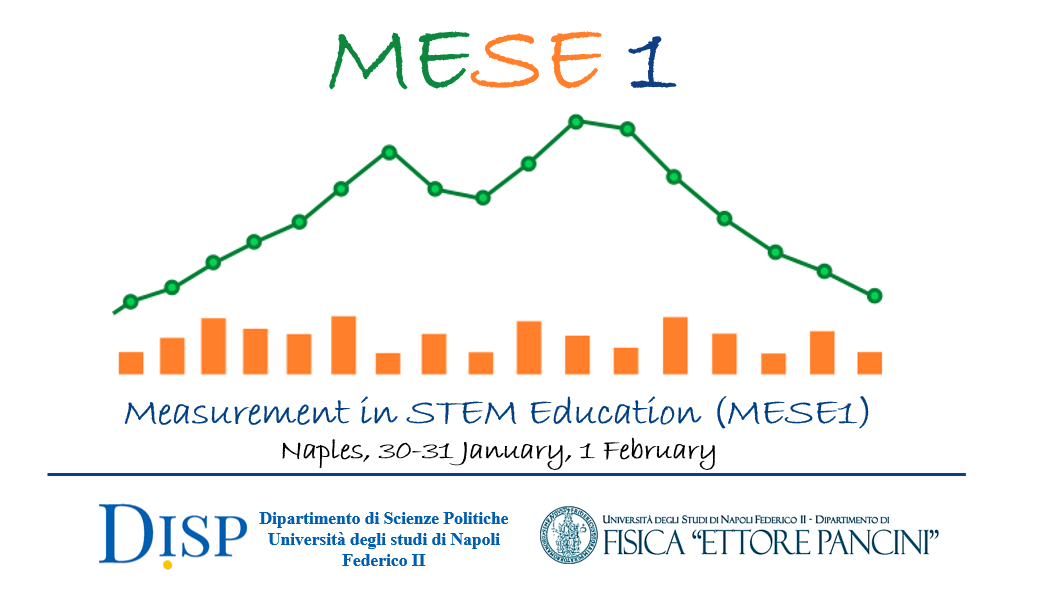Speaker
Description
The diagnosis of the a-priori weaknesses of students based on their features and past experience (e.g. age, sex, type of diploma) together with the features of the social context represents one of the preliminary assessment activities that can be taken into consideration so as to define different typologies of students and then develop a tailored learning programme for each student group. This paper is based on the study of a specific aspect of the school-leaving student's ability, namely mathematical skills. It is a matter of fact that the results of several assessment exercises show that the mathematical knowledge of students leaving secondary school is becoming worse and worse. The aim of the paper is to evaluate if and how the socio-demographic features of students impact on their mathematical ability. Exploiting data of the INVALSI tests and the potentialities of quantile regression we will also explore if this impact is different in case of observed or unobserved heterogeneity of the student population.

